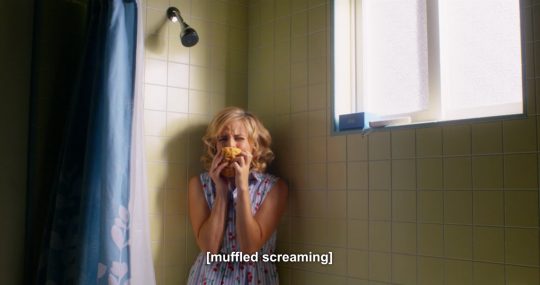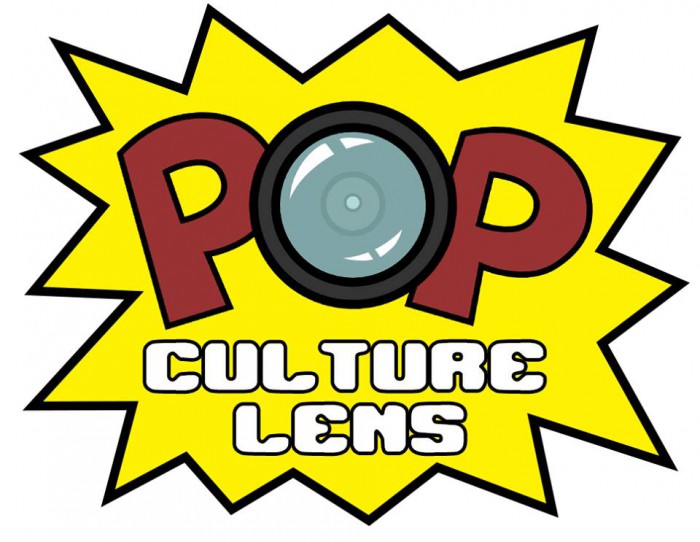The editors are seeking chapter proposals for a collection of essays that examine positive, healthy, and accurate portrayals of mental illness in entertainment media.
Proposed Title: Quieting the Madness: Entertainment Media’s Shift into More Accurate Depictions of Mental Illness
Editors: Malynnda A. Johnson (Indiana State University) and Christopher J. Olson (University of Wisconsin – Milwaukee)
Purpose: From mad men to hysterical women to crazed villains, negative depictions of mental illness recur throughout entertainment media. Thus, unsurprisingly, a wealth of research has focused on the adverse aspects of these portrayals. Yet viewers and producers have recently started to push back against these inaccurate depictions and call for more accurate narratives. As a result, several movies and television shows have shifted how they frame mental illness. The past ten years or so have seen the emergence of more positive portrayals of characters living with depression, anxiety, bipolar disorder, autism, and more. These portrayals have helped kick down the “madness” door and rebuild a safer space to talk about the realities of mental illness. Though far from perfect these modern narratives nevertheless offer opportunities for viewers living with mental illness to identify with characters that experience familiar struggles.








